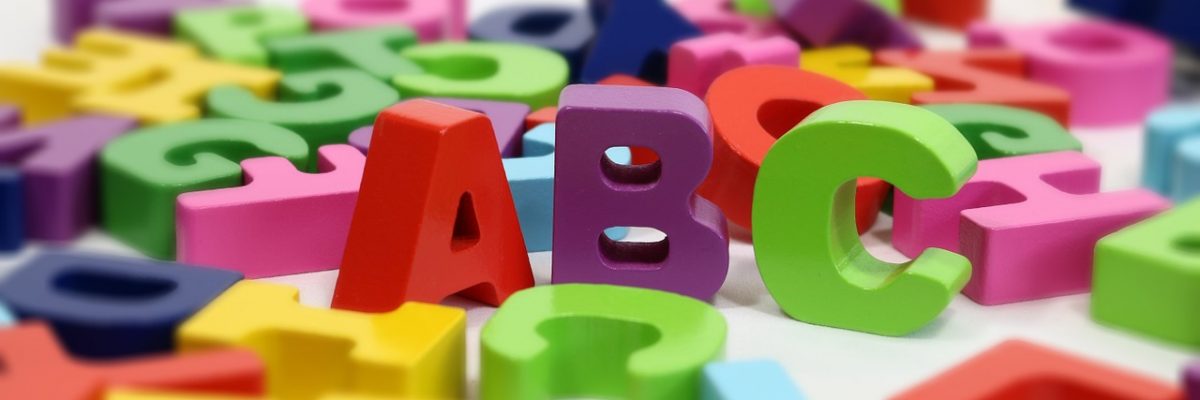There exists a vast assortment of games. The following describes the most important aspects in applying games for the acquisition of language:
- Games which relate to perception: the object of these games is to describe what one feels, sees, hears or tastes.
- Role-playing and/or Charades: the aim of these games is to stimulate speech. With the use of puppets, figures and mime one can increase the vocabulary of the child. One can use puppets to tell a story and entertain the fantasy of the child.
- Games of knowledge: The goal of these games is to learn in an amusing way. Trivial Pursuit is just one example as well as Scrabble.
- Interactive Games: the object being more or less the interaction. Electronic games with multiple applications can be incorporated at regular intervals to learn a language. Computer games and the Internet offer as well language stimulation and can assist in instruction.
Games as a learning tool offer the following advantages:
- Improve reading.
- Improve writing and grammar.
- Increase vocabulary.
- Provide a fun and interactive way for children to learn.
In the market can be found a very good selection of toys and games suitable to learn languages like: bilingual games, memorys, words building games, lotto with objects, questions games, children computers, computer games and others. There are products design specially to support language´s learning and other that are suitable to do it, if you know how use it in a better way.
Tip: Look at our links page, especially into the category “Games”!
Further in Language Stimulation: Bilingual Schools
Back to Language Stimulation: DVDs, CDs and Co



